In Athens' Hard Rock Cafe, just around the corner from my flat, hundreds of Americans of all political persuasions turned up to see the McCain-Obama debate on a giant screen.
Even the US ambassador showed up. I was there too, not an American, (albeit married to one), just one of millions of foreigners caught up in the excitement of this election.
And let me start with a confident assertion; the overwhelming majority of non-Americans who follow international events will be cheering for an Obama victory on November 4. If you doubt this, take a look at the global election being conducted on the website of the Economist magazine.
Readers from across the world are asked for their preference. So far, only two (rather small) countries lean towards John McCain; Georgia and Macedonia.
That Georgia favours McCain is probably because of his tough anti-Russian position, and Macedonia, I assume, is doing so because of a (perhaps mistaken) belief that Obama would support Greece in the dispute between the Balkan neighbours.
Missing the message?
In every other country in the world that has registered enough votes, Economist readers (not radicals by inclination) give Obama a landslide victory.
In several African countries, 100 per cent of votes go to Obama. Sure, it's not scientific, but it's indicative of how the world feels.
There have been similar polls in recent months, carried out by the BBC (in 22 countries) and Reader's Digest (in 17 countries), and they also show massive majorities for the Democratic candidate.
In part, this is because many foreigners just do not get large parts of the Republican party's message.
Talk of abortion, gun rights and patriotism may win elections in America, but it leaves outsiders indifferent, or, (especially in Europe), it turns them cold. The more the Republican Party tries to make this an election about "values" and "culture wars", the more it repels foreigners.
Sarah Palin, the Republican vice-presidential nominee, attracts crowds, and voters, in the heartland with her patriotic talk and folksy style, but abroad people are concerned about her lack of knowledge of the outside world.
But there are also more specific reasons why, in 2008, the world is leaning so heavily towards Obama.
























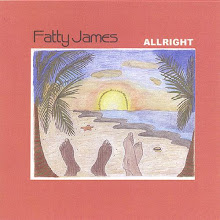

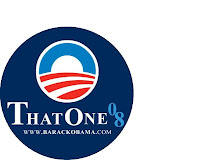
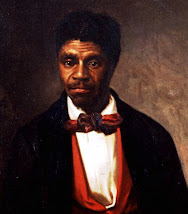

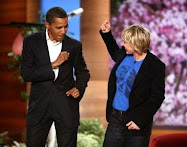


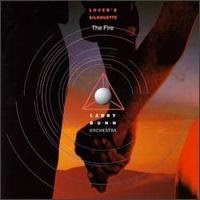

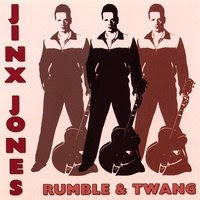






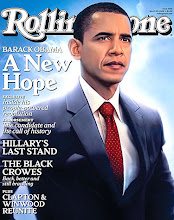









No comments:
Post a Comment